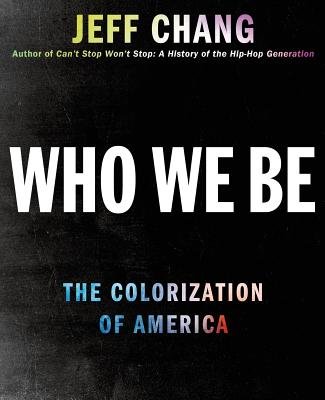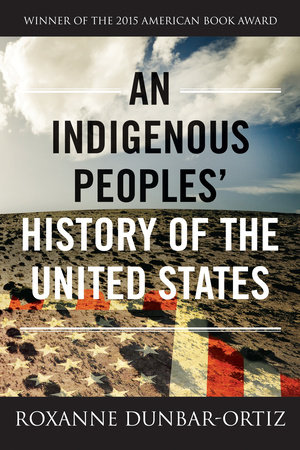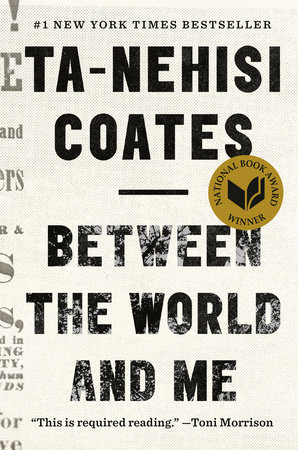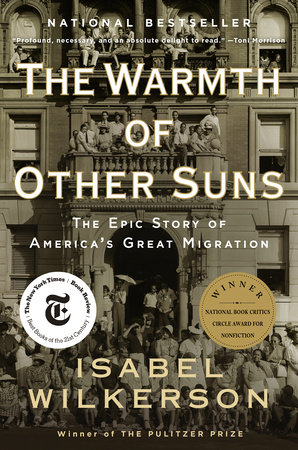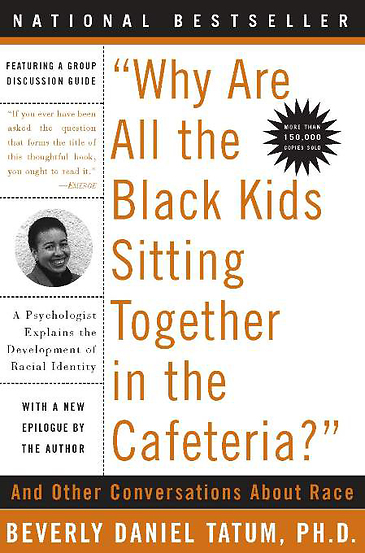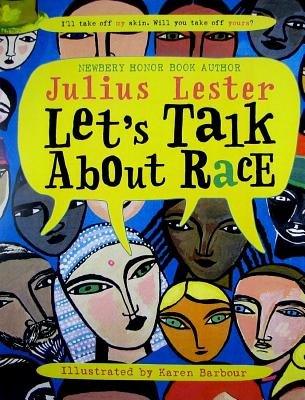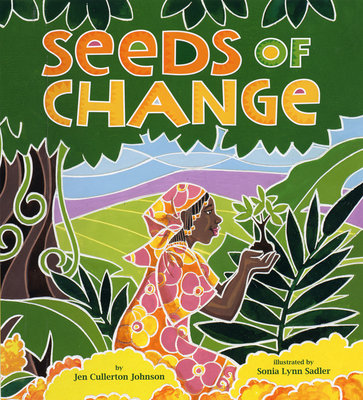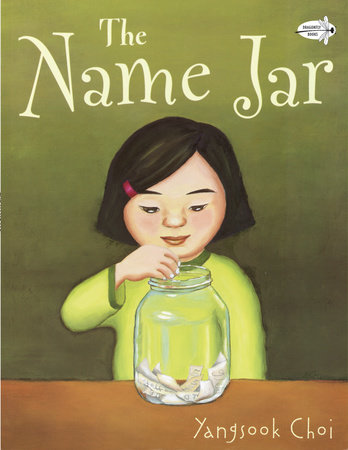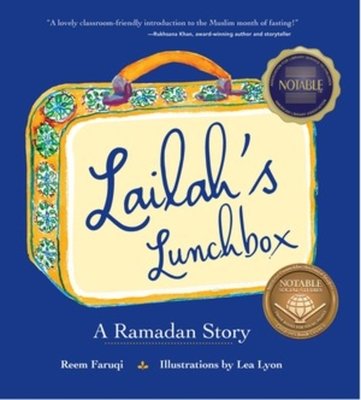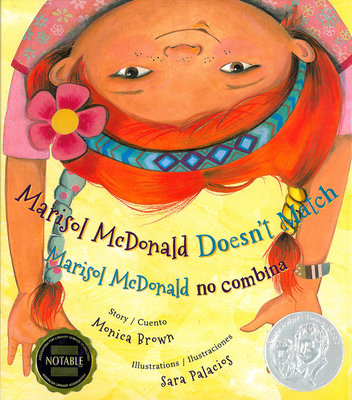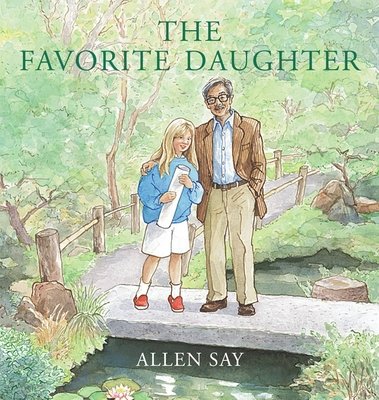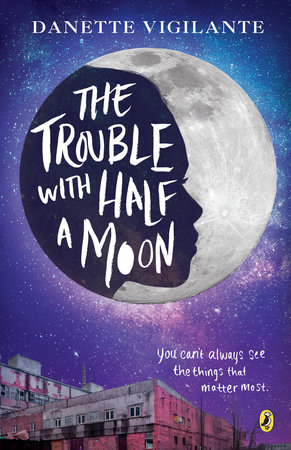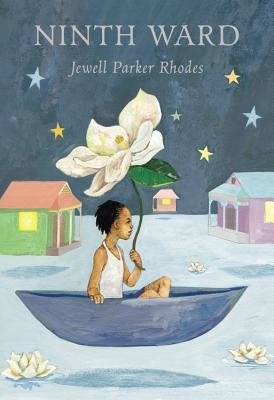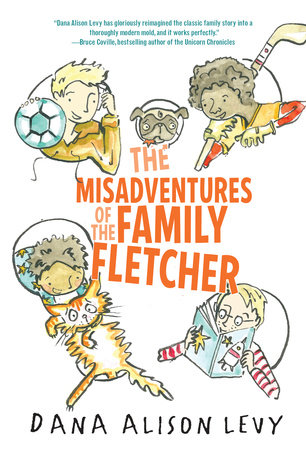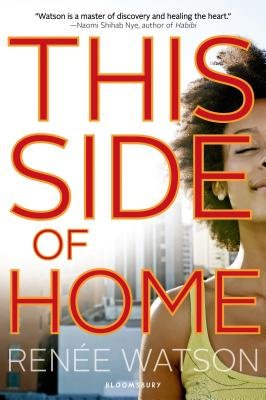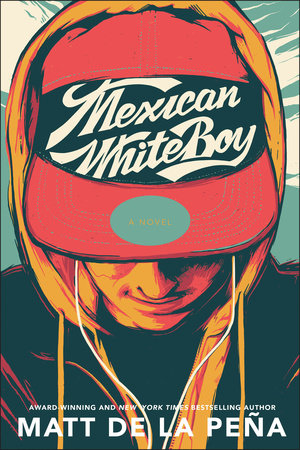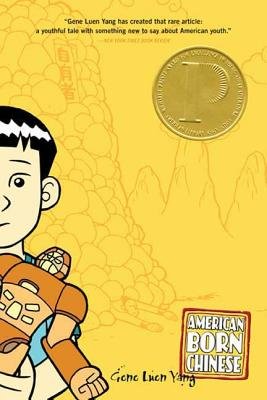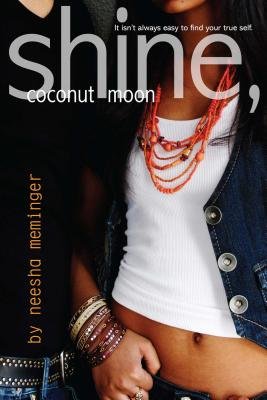How to Talk to Kids About Race: Books and Resources That Can Help
by Olugbemisola Rhuday-Perkovich
We live in a time when we are confronted with the complex realities of race, racial identity, and racism every day, but are also advised and often encouraged to avoid discussing it. Even the mere mention of someone’s race can be considered “playing the race card” or “racist.” We talk about the need to be “colorblind” or the idea that there is “just one race — the human race.”
“Most Americans believe in racial and gender equality and reject discrimination in any form. Yet stereotypes embedded in our brains, shaped over time by history and culture, can lead us to view the world through a biased lens and behave contrary to our deeply held egalitarian values,” states The Perception Institute, an organization working to “reduce discrimination and other harms linked to race, gender, and other identity differences.”
While “I don’t see color” may come from a well-meaning place, studies show that it more likely does a great deal of harm. If we look closer, we often find that much of our reluctance to address race directly stems from our tendency to want to avoid discomfort. Yeah, it’s hard to talk about why #BlackLivesMatter has become a rallying cry, the legacy of our government’s relationship with its Native citizens, or why some individuals are called “illegal” and “alien.” Clinical psychologist, author, and professor Beverly Tatum asks us to “Think about these stereotypes, these omissions, these distortions as a kind of environment that surrounds us, like smog in the air. We don’t breathe it because we like it. We don’t breathe it because we think it’s good for us. We breathe it because it’s the only air that’s available.”
This is the world that we inhabit; we talk about needing to talk about race without ever actually talking honestly about race. I believe that it’s vital that we help our children (and ourselves) walk and talk in a way that clears that air and breathes new life into these conversations and our world. Sharing stories, real, fictional, our own, and others’, is a powerful tool for that purpose. Here are a few resources and books to help us have those hard conversations with the young people in our lives.
Take Stock First
Ask yourself the hard questions first. How do you navigate race? Who are the members of your social and professional circles? Does your family discuss race? What images does your child see? What conversations does she hear from you? Take Harvard University’s “Implicit Bias” test to examine your own beliefs.
Take Opportunities
When race comes up, keep the lines of communication open, even if your child says something embarrassing, insensitive, or outright racist. Don’t simply condemn and shut down conversation. Ask questions to find out why they’re thinking what they’re thinking, and how these ideas developed. While we may want to believe that young children don’t harbor biases, research has shown that, as Po Bronson and Ashley Merryman point out, “even babies discriminate.”
“Young children need caring adults to help them construct a positive sense of self and a respectful understanding of others,” points out Teaching for Change, in Teaching Young Children About Race. The Anti-Defamation League has an excellent collection of tips and resources for Engaging Young People in Conversations About Race. This PBS Interview with Beverly Tatum, from the series “Race: The Power of an Illusion,” can also provide rich food for family conversation.
Be Authentic and Intentional
Choose books that acknowledge that all of us are “different” in some way. Look for narratives that don’t only portray marginalized groups as suffering, in crisis, or being “saved” by outsiders; it’s also important to avoid reading only “hero” narratives about “exceptional” individuals. Seek out stories of multidimensional characters living complex lives. I’ve written here about the importance of cultivating a diverse library.
-
Books for Adults
-
Who We Be
Buy from:Chang explores pop culture, current events, corporate marketing, and the idea of a post-racial America. “I know of no better account of the glories and sorrows of contemporary American diversity, nor any so attuned to the outsized role that art has played in that journey,” wrote author Teju Cole.
Buy from: -
An Indigenous Peoples’ History of the United States
Buy from:In her Introduction, Dunbar-Ortiz points out that “writing U.S. history from an Indigenous peoples’ perspective requires rethinking the consensual national narrative.” She collects material here from a large body of scholarship, and “provides an antidote to the work of historians who have rationalized the settling of the West and the ‘civilizing’ of the Indians,” wrote the San Francisco Chronicle.
Buy from: -
Between the World and Me
Buy from:Framed as a letter to his teen son, Coates’s latest book is described as a “profound work that pivots from the biggest questions about American history and ideals to the most intimate concerns of a father for his son … [and] offers a powerful new framework for understanding our nation’s history and current crisis.”
Buy from: -
The Warmth of Other Suns
Buy from:Wilkerson, winner of the Pulitzer Prize, here chronicles the migration of Black people from the American South to the West, Midwest, and Northeast in a volume that one reviewer called “[An] indelible and compulsively readable portrait of race, class, and politics in 20th-century America.”
Buy from: -
Why Are All The Black Kids Sitting Together in the Cafeteria?
Buy from:Tatum explores the ways that all of us express racial identity, and addresses head on the fears and anxieties that prevent parents from having honest conversations about race with their children. “Whites are afraid of using the wrong words and being perceived as ‘racist’ while parents of color are afraid of exposing their children to painful racial realities too soon.”
Buy from:
-
Picture Books
-
Let’s Talk About Race
Buy from:As Lester discusses how we all have a story, he brings up questions about why we think race is important and what it means to have a racial identity. This gorgeous book — great to read with kids of any age — allows for open-ended conversation and questions.
Buy from: -
Seeds of Change: Planting a Path to Peace
Buy from:This vibrant picture book “brings to life the empowering story of Wangari Maathai, the first African woman, and environmentalist, to win a Nobel Peace Prize. An engaging narrative and vibrant images paint a robust portrait of this inspiring champion of the land and of women’s rights.” A rich collection of related resources can be found on the publisher’s web site.
Buy from: -
The Name Jar
Buy from:Eager to fit in upon her arrival in America, Unhei announces that she’ll choose an “American” name to use in place of her own. Her whole class gets involved, but ultimately, Unhei sees the power and joy of sharing a bit of her true self with her community. Easy but effective companion activities and discussion prompts can be found at Teaching Tolerance.
Buy from: -
Lailah’s Lunchbox: A Ramadan Story
Buy from:In a new school and new country, Lailah is excited to participate in the celebration of Ramadan — but wonders if her classmates will understand. A supportive community helps Lailah share her beliefs and trust that others will respect them.
Buy from: -
Marisol McDonald Doesn’t Match/Marisol McDonald No Combina
Buy from:To Marisol, “opposites” make a lot of sense. She has red hair and brown skin, loves polka dots and stripes, and eats peanut butter and jelly burritos. Should this Peruvian-Scottish-American girl have to choose one identity over the other? A bilingual affirmation of everyone’s right to not “choose.”
Buy from:
-
Middle Grade
-
The Favorite Daughter
Buy from:This sweet and powerful tale asks, “When you run away from the things that make you ‘you,’ how do you find your way home?” Say’s delicate story blossoms along with his heroine’s search for and ultimate celebration of her identity.
Buy from: -
The Trouble With Half a Moon
Vigilante’s loving and nuanced portrait of life in a housing project — where she explores themes of guilt, forgiveness, and family — shines in this relatable, contemporary middle grade novel. As a companion, this segment from WNYC public radio’s “Being 12” series features young people on stereotypes and racism, in their own words.
-
Ninth Ward
Buy from:Lanesha is not in any way a victim — her strength and spirit lift Rhodes’s award-winning, magical tale of a New Orleans’ community’s resilience in the face of Hurricane Katrina.
Buy from: -
The Misadventures of the Family Fletcher
Buy from:This family story has all of the heart and humor of well-loved books by authors like Beverly Cleary and Jeanne Birdsall, and then some. Featuring two dads at the helm of a multiracial, family by adoption; various pets; and a cranky neighbor, this one is pure fun.
Buy from:
-
Young Adult
-
This Side of Home
Buy from:Nikki and Maya are twins who have always done everything together. But when their Portland neighborhood gentrifies and they become close to the new family next door, they find themselves with different opinions about how to confront change and express identity. Watson’s lyrical novel is timely and vibrant; her blog offers a number of resources for incorporating social justice into the classroom curriculum.
Buy from: -
Mexican Whiteboy
Buy from:The child of a Mexican father and blonde, blue-eyed mother, Danny doesn’t speak Spanish, isn’t “Mexican enough” for some, nor “White enough” for others. Teen readers will easily identify with his longing for companionship and community as he lives between his home in the barrio and a tony San Diego private school. The New York Times covered de la Peña’s visit to Tucson, Arizona, after state law challenged Mexican-American studies in school, to talk with with teens there about “identity politics” and education.
Buy from: -
American-Born Chinese
Buy from:Three seemingly separate tales intersect in Yang’s award-winning graphic novel that tackles stereotypes of Chinese people and their impact in this ultimately triumphant tale.
Buy from: -
Shine, Coconut Moon
Buy from:Along with so many of us, Samar’s (“Sam”) world changed dramatically after the events of 9/11. She’s not particularly interested in learning more about her Sikh heritage, but a racist attack on her uncle prompts her to explore her culture and claim her identity.
Buy from:
Melissa Taylor’s wonderful Kids Like Me book list includes more titles to share.
“Just as I am a story and you are a story and countries tell stories about themselves, race is a story, too,” writes Julius Lester in Let’s Talk About Race. If we speak and act with honesty, compassion, and thoughtful action, there’s hope for the ending of that story.

